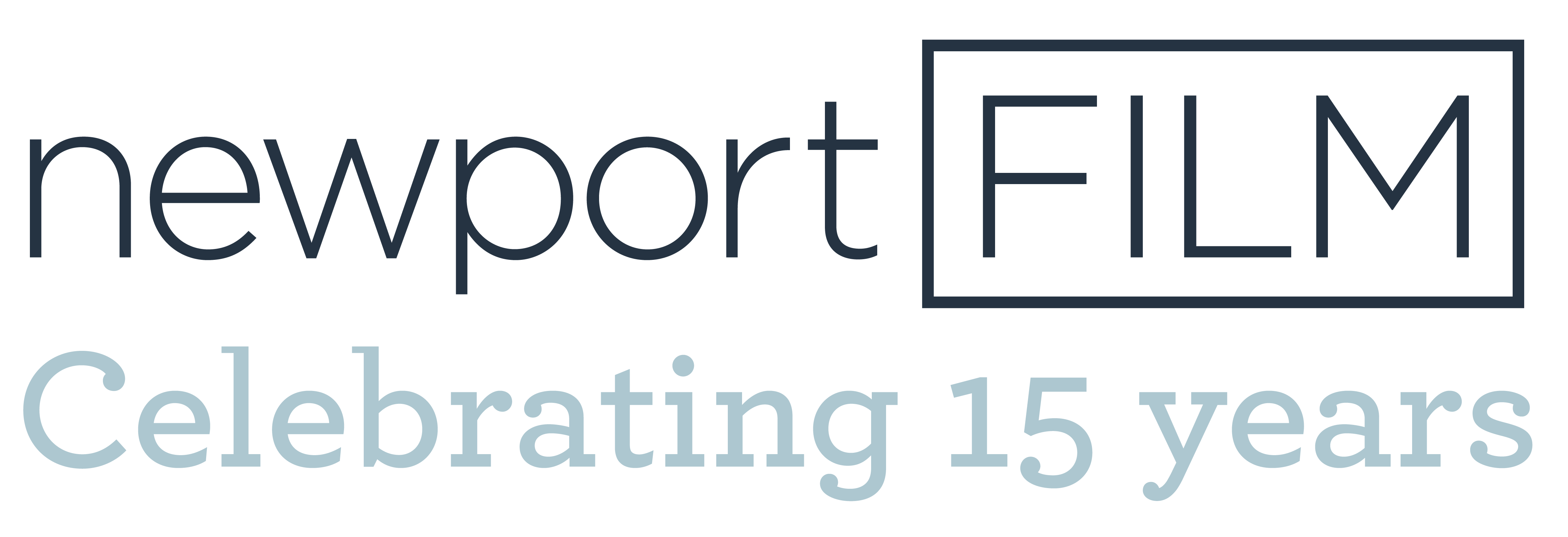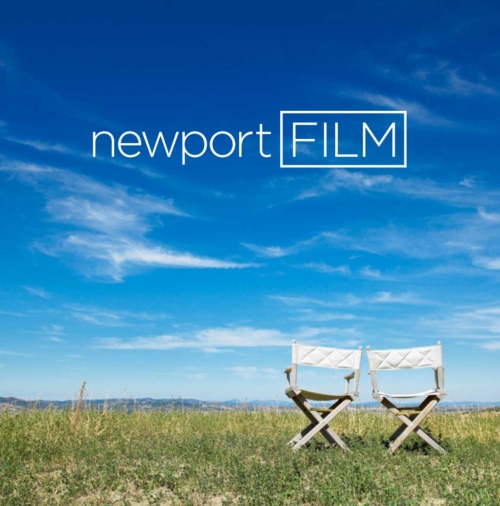This blog post is the first of a summer-long series of posts written by Humanities Blogger, Kristen Costa. Check back weekly to get a fresh, informative look at the themes explored in the films we’ll be showing as part of the newportFILM Outdoors series, presented by Lila Delman Real Estate International.
It wasn’t that long ago that commercial whaling was still happening in the world – international treaties only outlawed the practice in 1986. Even though there are many laws to protect the whale population, the livelihood and overall well-being of whales is still a major concern for, with new threats happening all the time.
The campaign to #StopSeaNoise is the theme of Sonic Sea, the documentary screening with newportFILM this Thursday on the lawn of St. George’s School to kick off the summer-long Outdoor film series. The film investigates the relatively recent issue of ocean noise pollution and its effect on marine life, namely whales who rely on sound as their means of communication and survival.

Multiple recorded incidents of sick, lost, and beached whales have been directly linked to noise events in the ocean including military use of sonar, seismic activity from oil and gas drilling, and shipping noise. We had a brief interaction with this phenomenon here in Rhode Island last year when a trio of beluga whales were hanging out in Rhode Island waters, much farther south than their usual migration waters. Experts related this to climate change and ocean noise throwing off their internal navigation systems.
Sonic Sea looks at the problem and a few of the documented cases, as well as examines solutions to help ensure the health of our oceans and the whale populations. Of course, how can the average person help? It’s hard to see the way that we can be involved in such a large-scale problem, particularly when the major causes of ocean noise are not caused by average human actions, but large-scale military and corporate operations. Of course, donating to groups that are working with governments and companies to enact new policies and procedures to reduce ocean noise and help whales is one big way we can directly help. Maybe something like the Adopt-A-Whale programs that were popular in the 1990s when endangered species awareness programs can raise public awareness and interest in marine wildlife conservation in general.

If you enjoy learning about ocean conservation, another documentary to check out– Mission Blue, an alum of newportFILM Outdoors from summer of 2014, which chronicles the life and work of Dr. Sylvia Earle, an expert and advocate for creating protected marine environments like we do national parks. Dr. Earle is also one of the featured experts in Sonic Sea.
newportFILM’s showing of Sonic Sea is funded with support from 11th Hour Racing, who works to establish strategic partnerships with the sailing and marine communities to promote collaborations for systematic changes that will have positive impacts on the health and livelihood of our oceans.
For more information on this week’s Outdoor screening of Sonic Sea, visit bit.ly/SonicDoc.

The Humanities Blog Series is made possible through major funding support from the Rhode Island Council for the Humanities, an independant affiliate of the National Endowment for the Humanities. The Council seeds, supports, and strengthens public history, cultural heritage, civic education, and community engagement by and for all Rhode Islanders.




